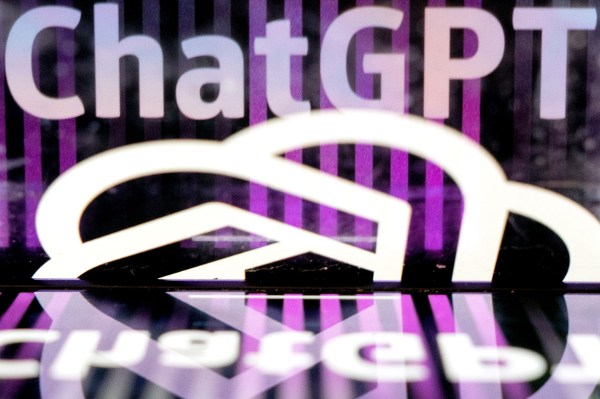
OpenAI says that it plans to introduce a new subscription tier for ChatGPT, its viral AI-powered chatbot, tailored to the needs of enterprise customers.
Called ChatGPT Business, OpenAI describes the forthcoming offering as “for professionals who need more control over their data as well as enterprises seeking to manage their end users.”
“ChatGPT Business will follow our API’s data usage policies, which means that end users’ data won’t be used to train our models by default,” OpenAI wrote in a blog post published today. “We plan to make ChatGPT Business available in the coming months.”
OpenAI previously telegraphed that it was exploring additional paid plans for ChatGPT as the service quickly grows. (The first subscription tier, ChatGPT Plus, launched in February and is priced at $20 per month.) According to one source, ChatGPT is estimated to have reached 100 million monthly active users in January just two months after launch — making it the fastest — growing consumer applications in history.
Exploring potential new lines of revenue, OpenAI launched plug-ins for ChatGPT in March, which extended the bot’s functionality by granting it access to third-party knowledge sources and databases, including the web.
Despite controversy and several bans, ChatGPT has proven to be a publicity win for OpenAI, attracting major media attention and spawning countless memes on social media. But it’s a pricey service to run. According to OpenAI co-founder and CEO Sam Altman, ChatGPT’s operating expenses are “eye-watering,” amounting to a few cents per chat in total compute costs.
Beyond ChatGPT Business, OpenAI announced today a new feature that allows all ChatGPT users to turn off chat history. Conversations started when chat history is disabled won’t be used to train and improve OpenAI’s models and won’t appear in the history sidebar, OpenAI says. But they will be retained for 30 days and reviewed “when needed to monitor for abuse.”

New privacy features have arrived for ChatGPT users — perhaps aimed at allaying regulators’ fears. Image Credits: OpenAI
ChatGPT data can also be exported as of today. Users can request that their data be sent in a file to the email address associated with their OpenAI account.
The new capabilities come as regulatory scrutiny grows over OpenAI’s data practices. Italy last month banned ChatGPT for possible privacy violations, alleging that OpenAI unlawfully processed people’s data and failed to implement a system to prevent minors from accessing ChatGPT. France, Spain and Germany have also begun probing OpenAI and its commercial services, focusing on ChatGPT’s GDPR adherence.
